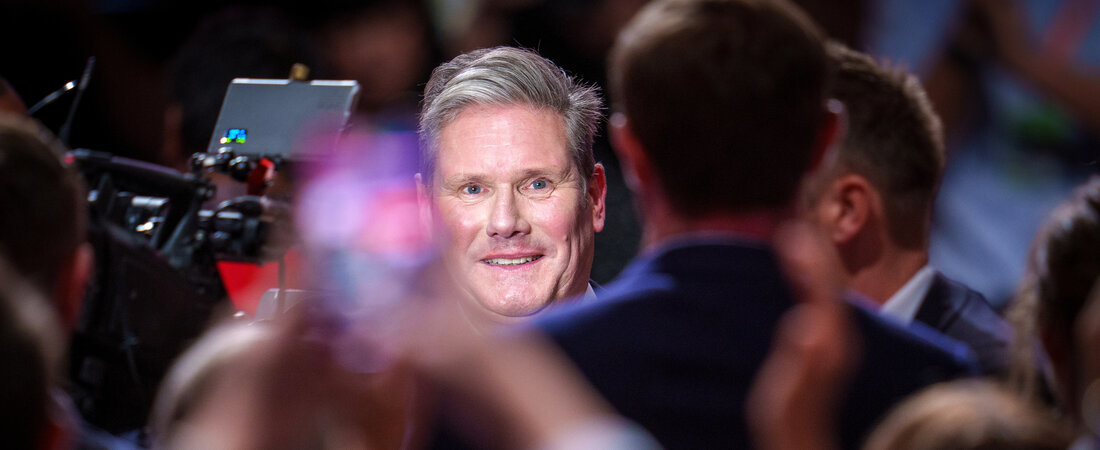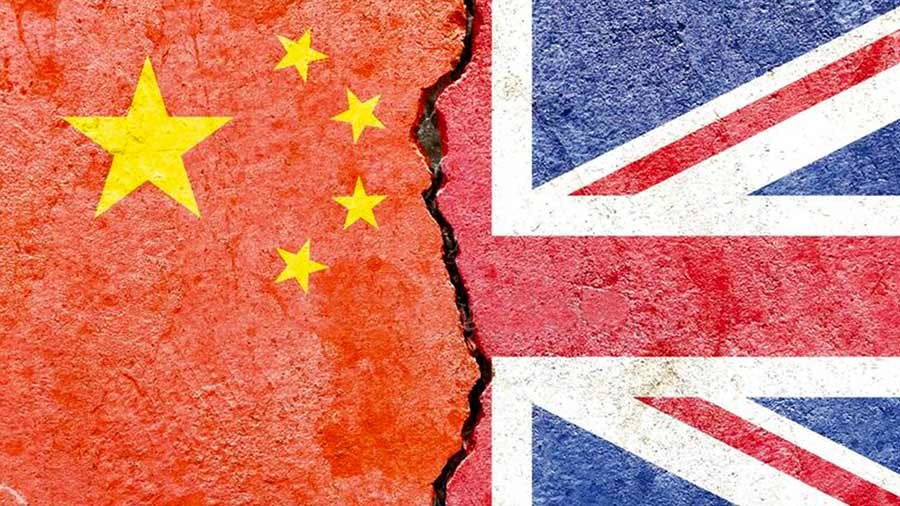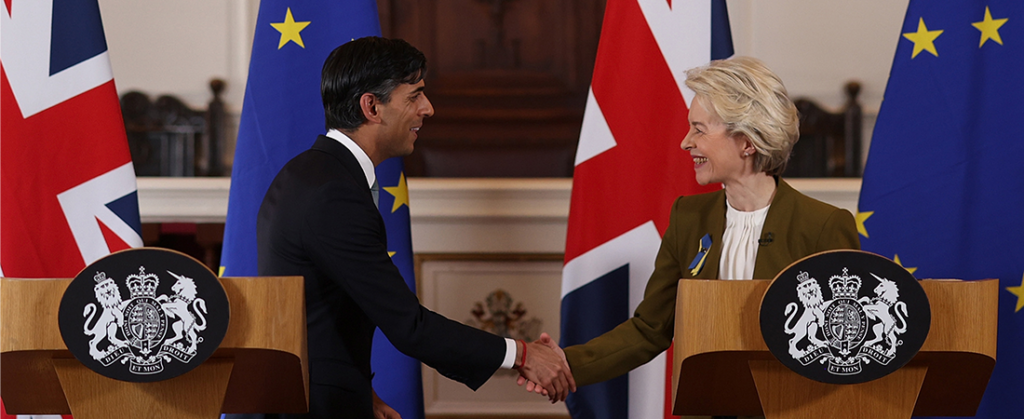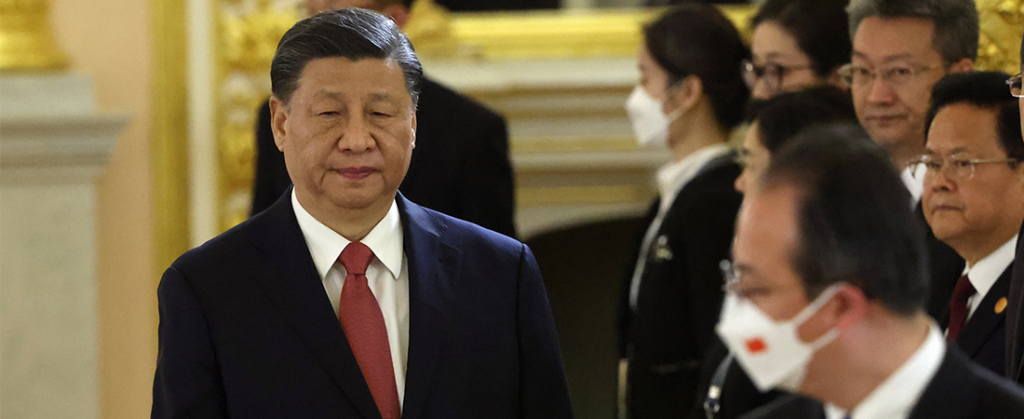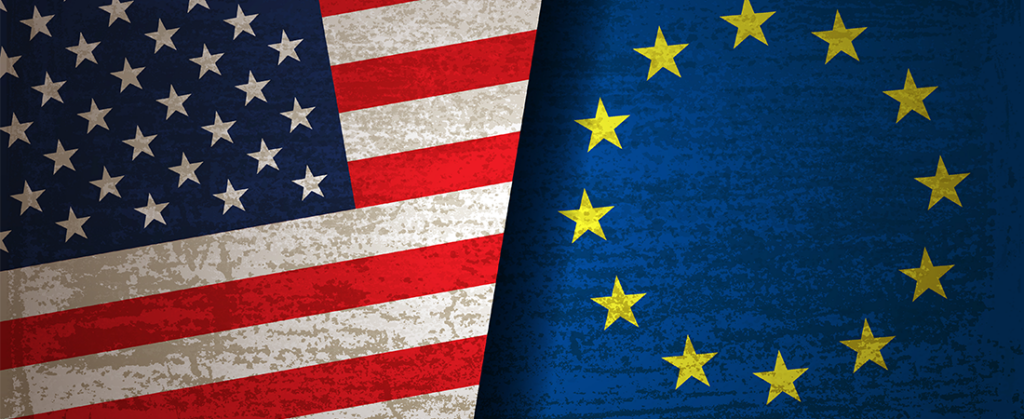It’s fair to say the last week has seen some significant changes in the most senior ranks of the Government. These movements have slightly overshadowed the news of Sam White’s departure from Keir Starmer’s operation. Although LOTO has been experiencing relative tensions for some time, the exit came as a surprise to many of those outside the Labour bubble. While broadly couched as positive news, some were surprised a third Chief of Staff was leaving the Leader of the Opposition’s Office in a time of such relative success – and seemingly, quite abruptly.
It’s difficult to precisely explain the reason why such an exit was made. Some have speculated it’s a result of internal party factionalism (as ever is the case for Labour), with White understood to have been out of favour with senior Labour frontbenchers. Others imply that there was genuine concern around White’s viability across the slate of the functions of LOTO’s. The reality? Like most events, a mix of the personal and political.
A more interesting focus is on the implications and indications of the change. The immediate question from such an exit is – who will fill the role? Will it be someone similarly policy minded to White – with a focus on what the output of a Labour Government will do? Or – as I, and a handful of my colleagues suspect – will the power shift to someone with a deeper experience in campaigning and policy communications. Such a switch would make sense as the party gears up for an election.
Another question for consideration is: is this where the internal party changes end? It seems doubtful that the move to refocus the party machine can be achieved through the renewal of one role. Importantly for businesses seeking to understand what an incoming Labour government could look like, it’s an effort that also includes a renewed vigour for external engagement, with job postings currently appearing for the party’s previously slightly transient business engagement team.
Shifting and building the ranks of an election-ready operation raises a further deliberation for Party officials: cost. Good campaigners require good money, and although recently we have seen a party rich in energy and favourable polling, Labour continues to have a serious problem in the purse. Their coffers still suffer from the removal of Union funding and fluctuating membership contributions, with a financial deficit at the end of 2021 of £5 million.
Further, despite enjoying extremely healthy voting intention polling, Keir’s relatively low personal favourability (despite being generally higher than that of Truss) is a fundamental weakness. He has yet to ‘seal the deal’ with the wider electorate. I’d imagine that better communicating brand-Keir would be near the top of the agenda for White’s replacement – particularly in reaching out to still-unconvinced Red Wall voters.
It also remains relatively unclear exactly who the target audience are, and importantly, what the target seats will be. Their clear focus on Wakefield over Tiverton and Honiton in the series of recent byelections does give some indication of a willingness to let Lib Dems take seats (amid rumours of an informal election pact). However, the reality is likely is that Labour has not set its plans out for a future election just yet. Tough choices will need to be made about prioritisation of resource, something the party got wrong in 2017 and 2019.
Similarly, the party has something of a blank policy slate, with input being sourced from across the party and its affiliates, but also importantly, from businesses and the third sector. Regardless of where it comes from, any policy ambition that has spending attached will be much harder to commit to.
To conclude, beyond the gossip, the real takeaway from the news earlier this week is that the Labour operation is beginning to shift from a party rooted in opposition – to one seriously planning a route to power. This begins with some fresh talent and a refocus, but must end with an election plan, clear and achievable policy goals, a popularity boost for Keir, and a bolstered campaign war chest.


